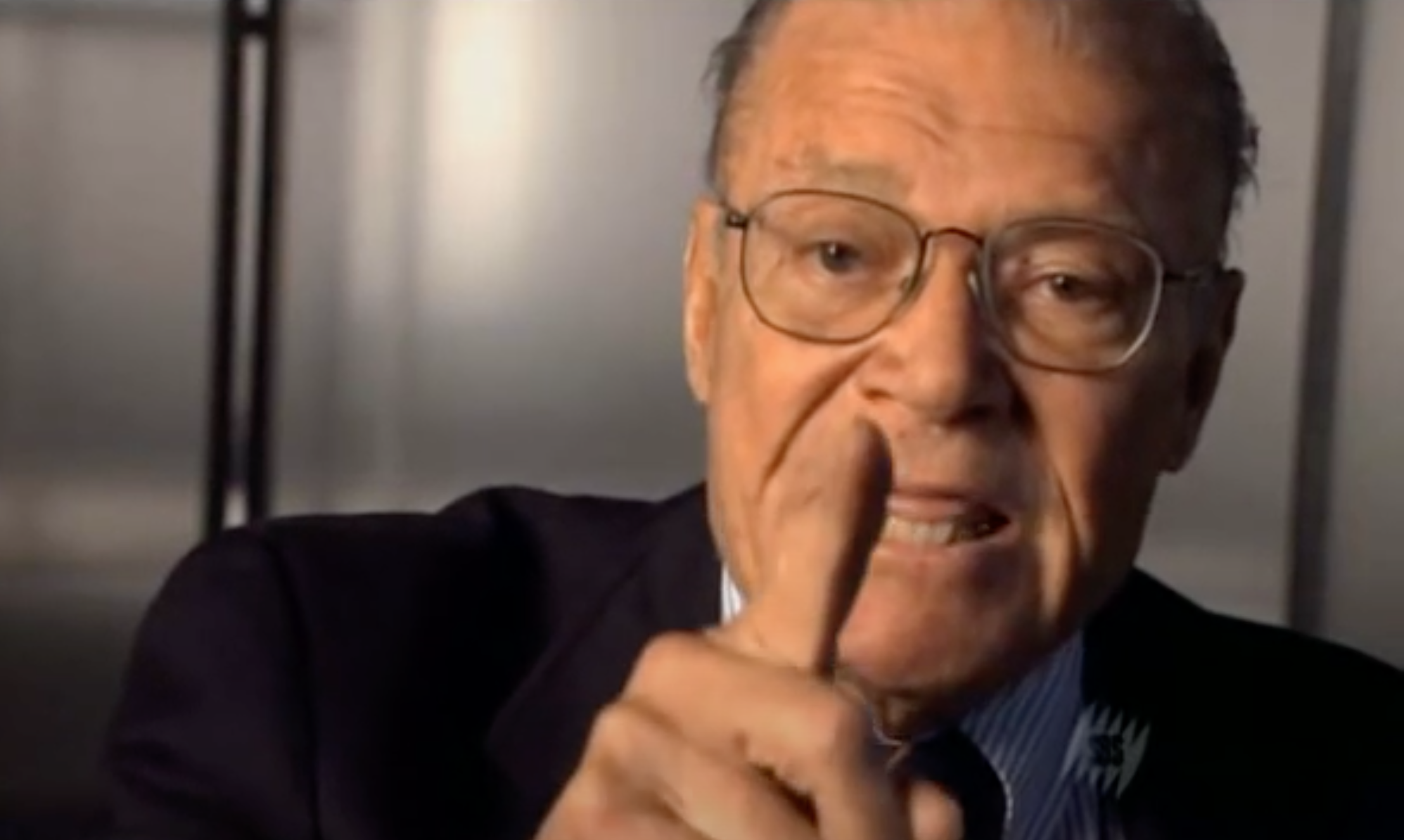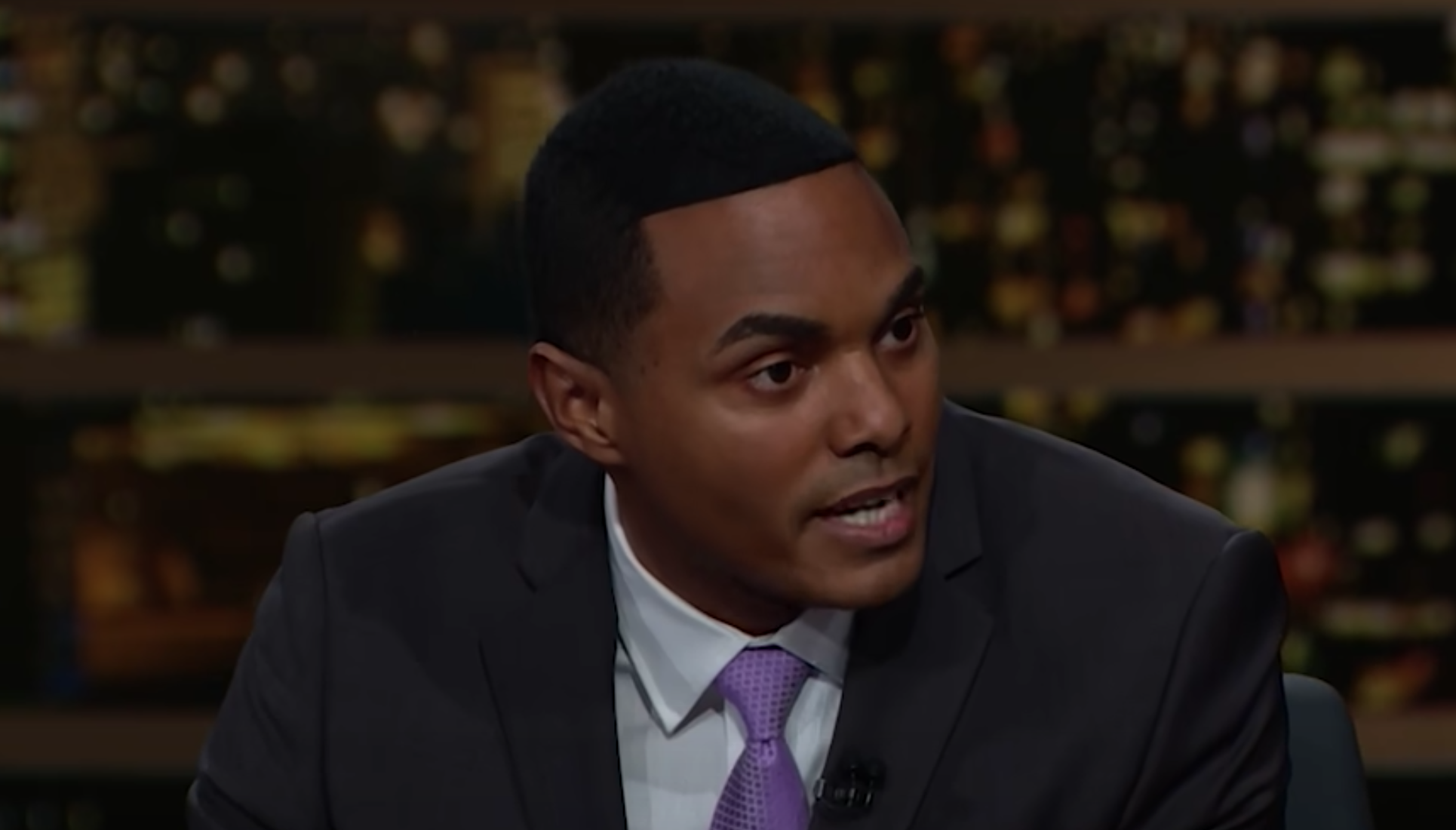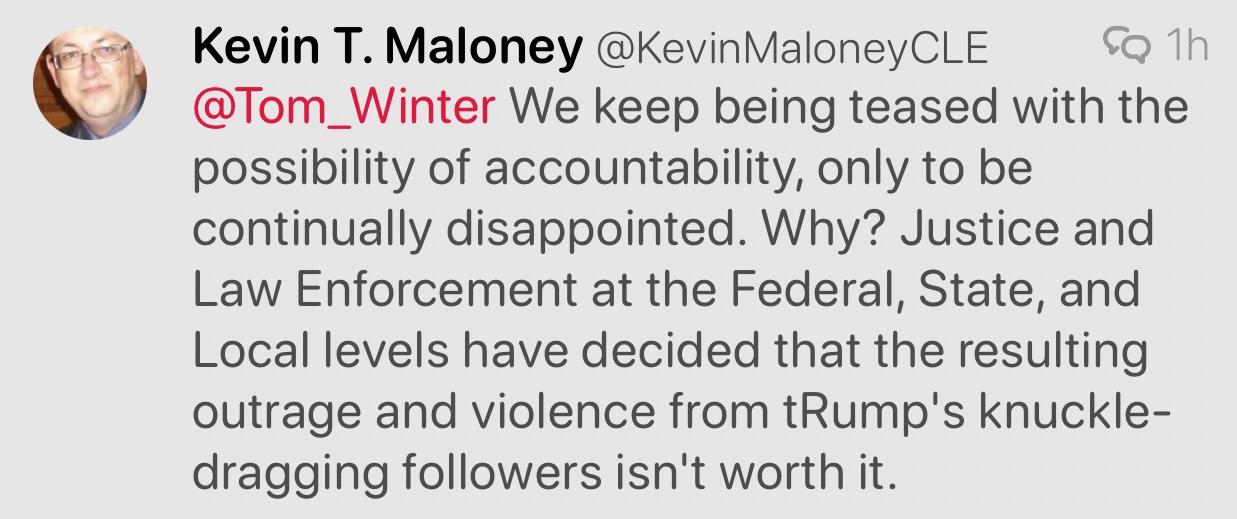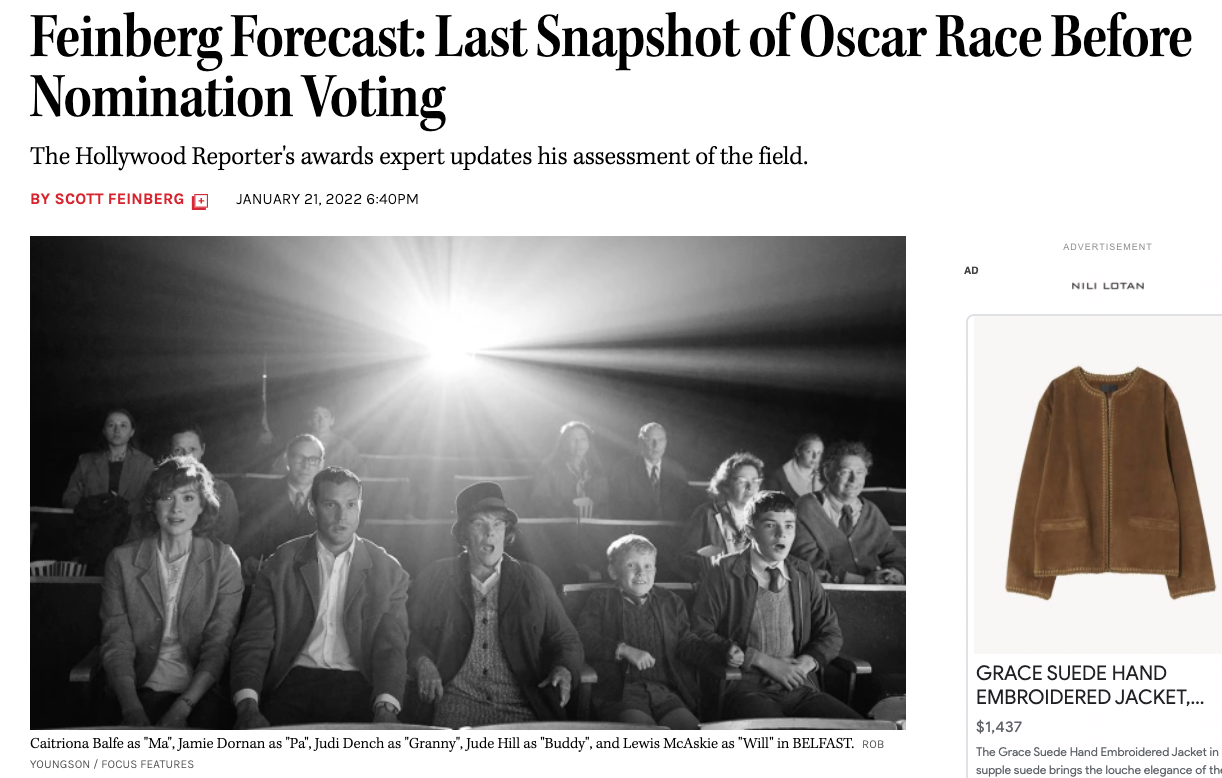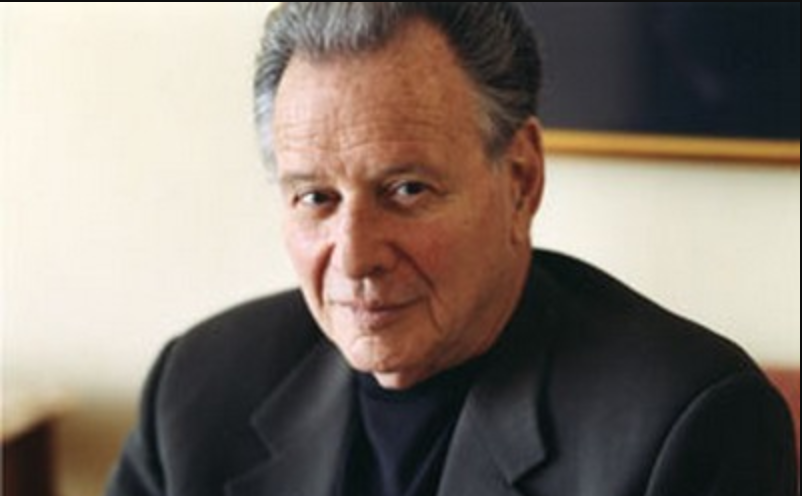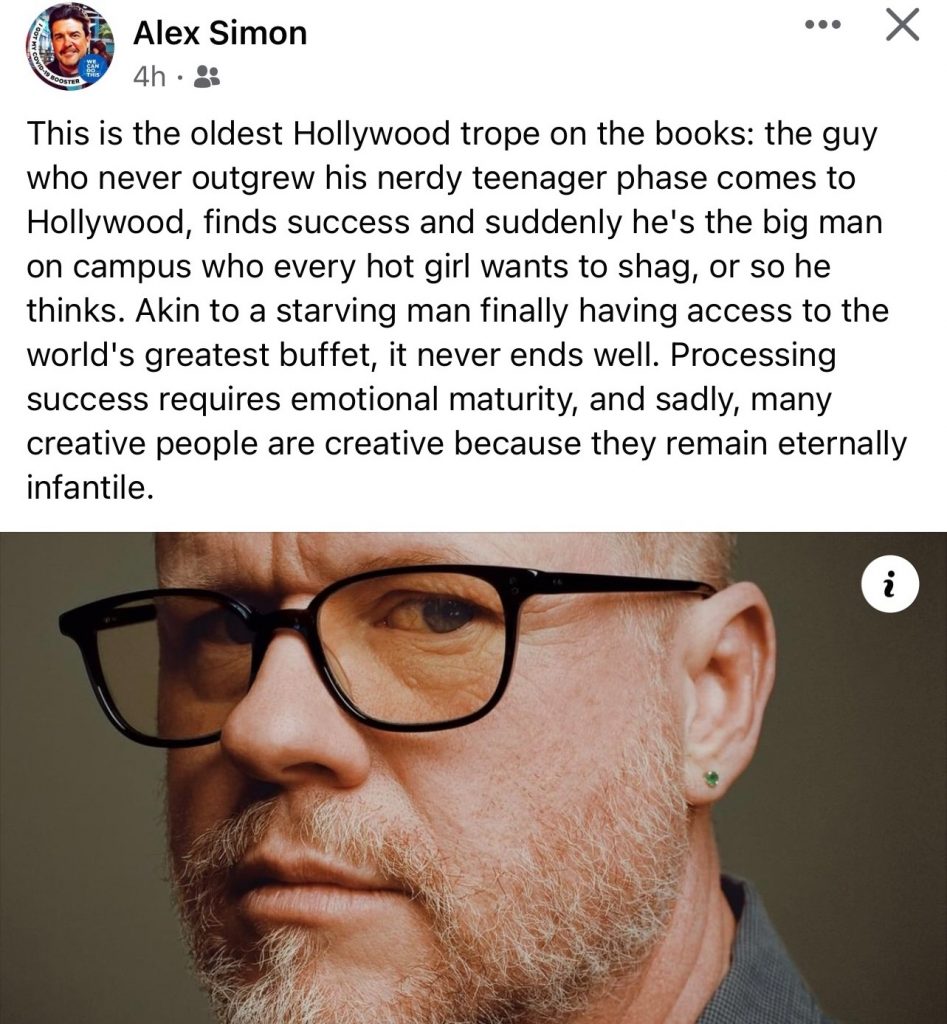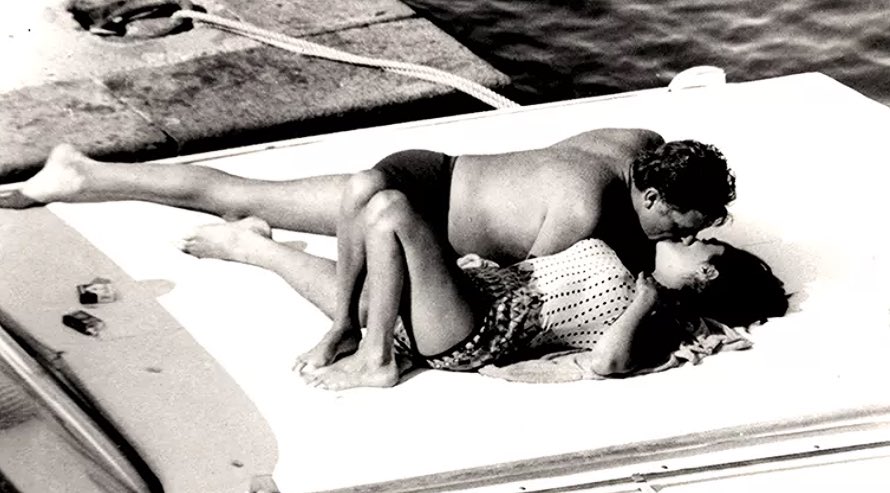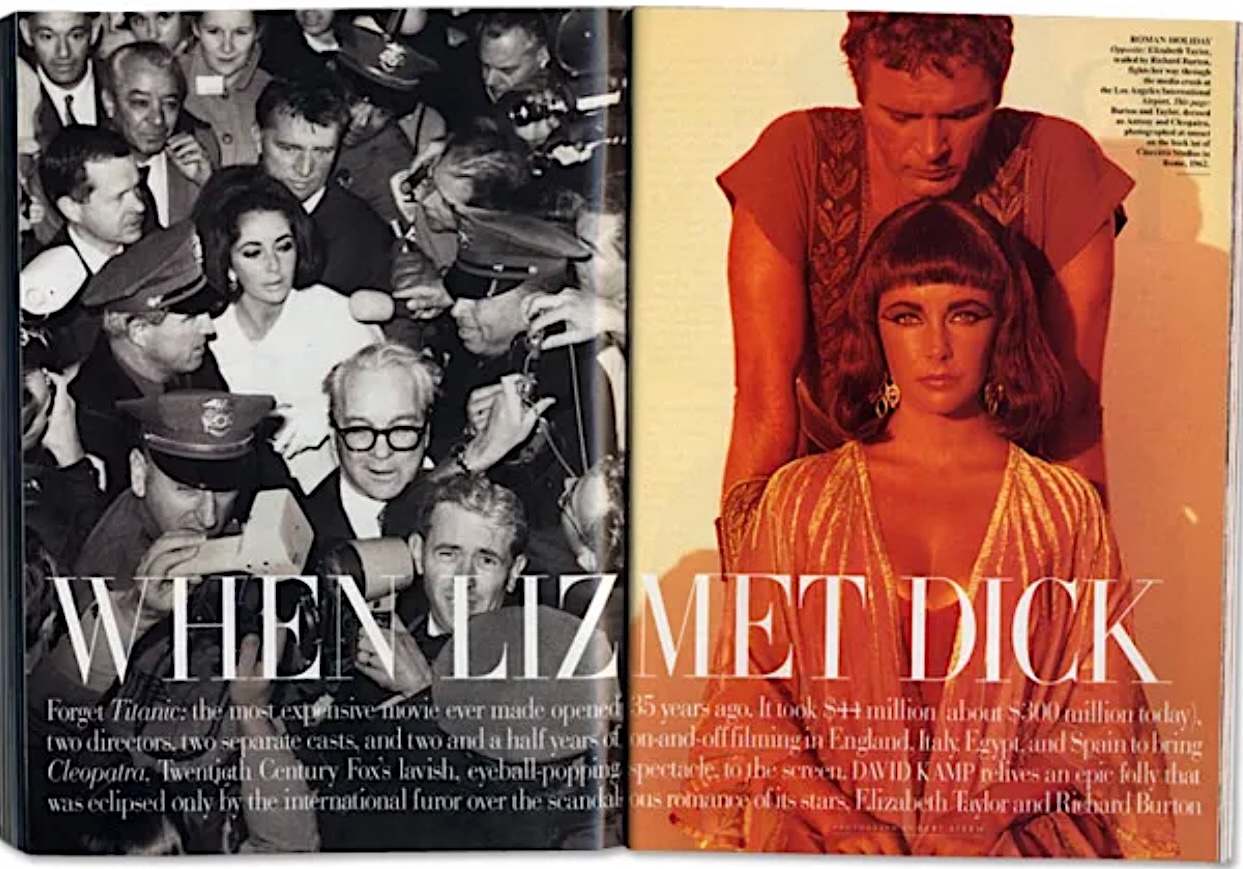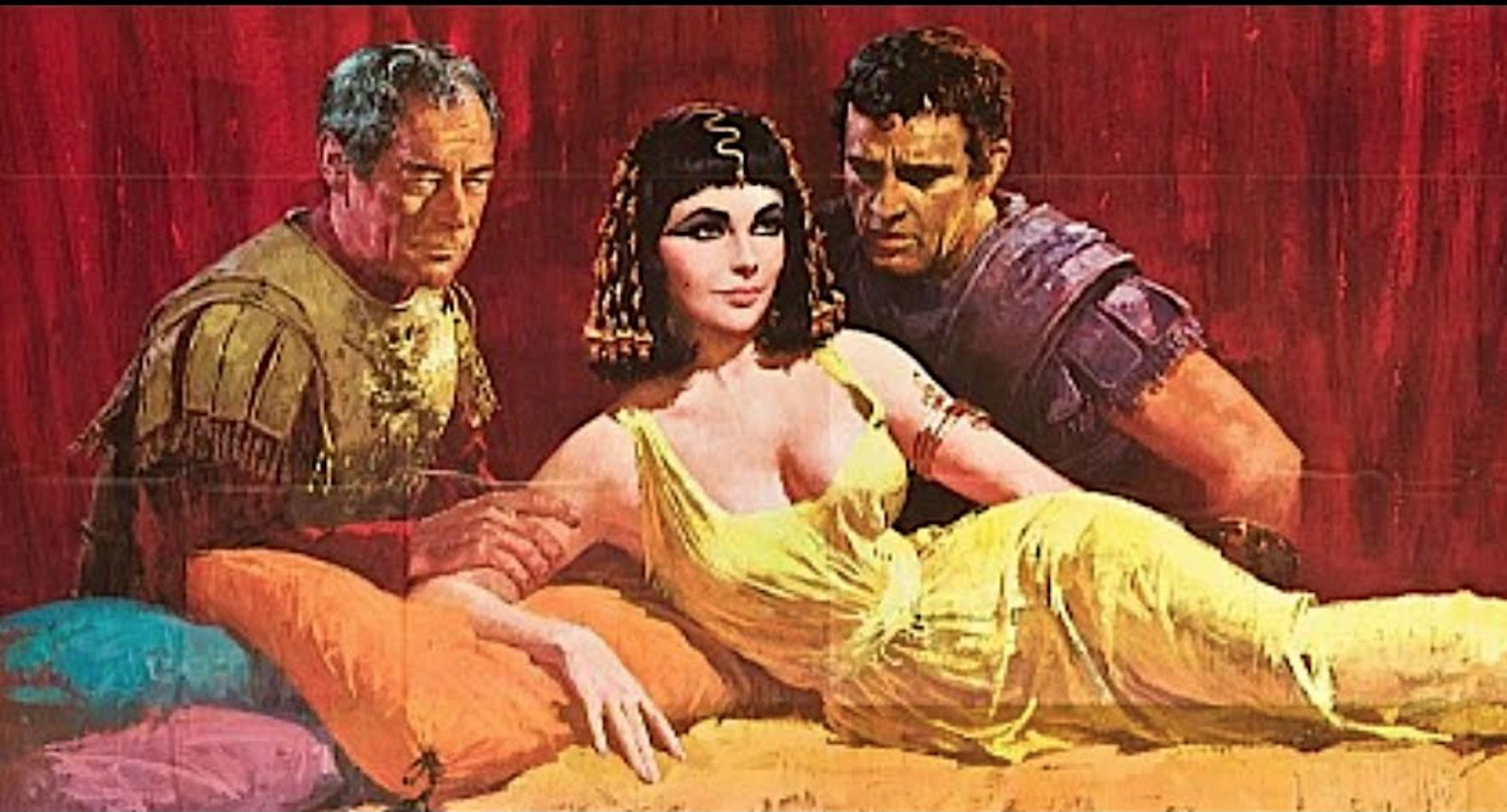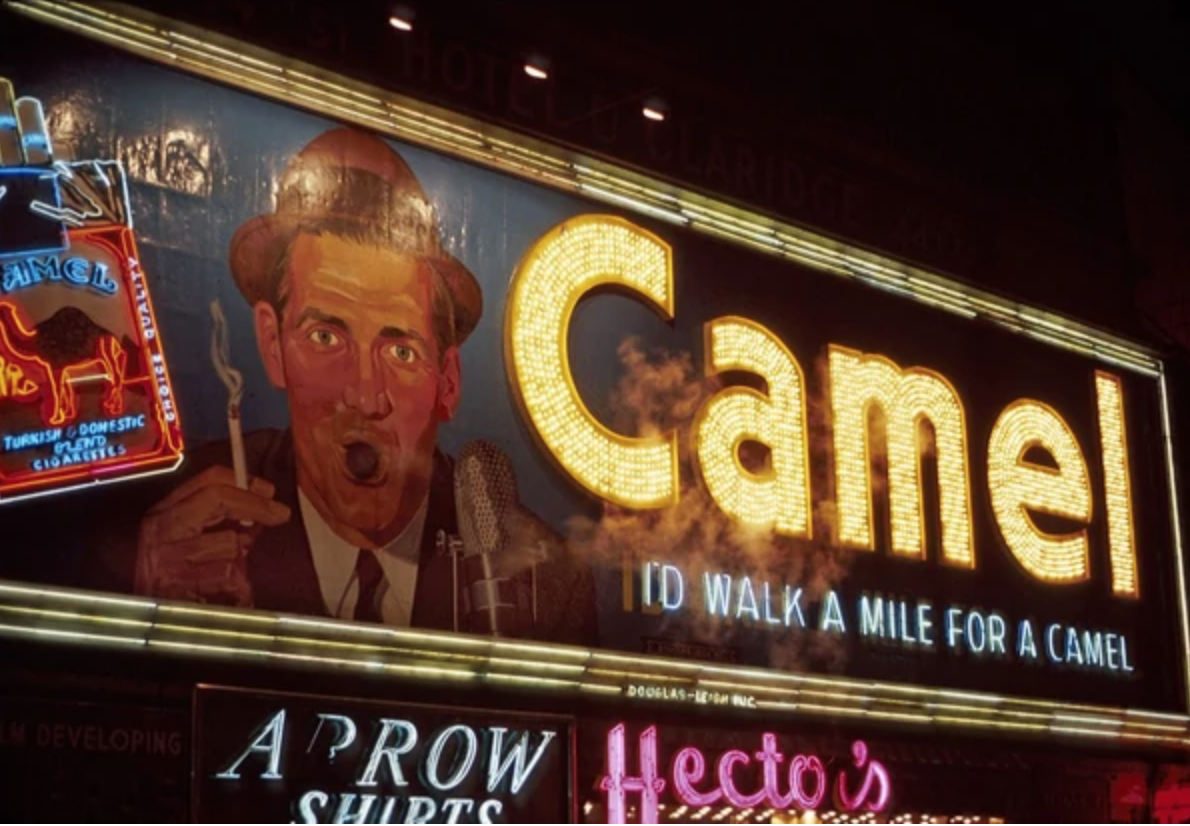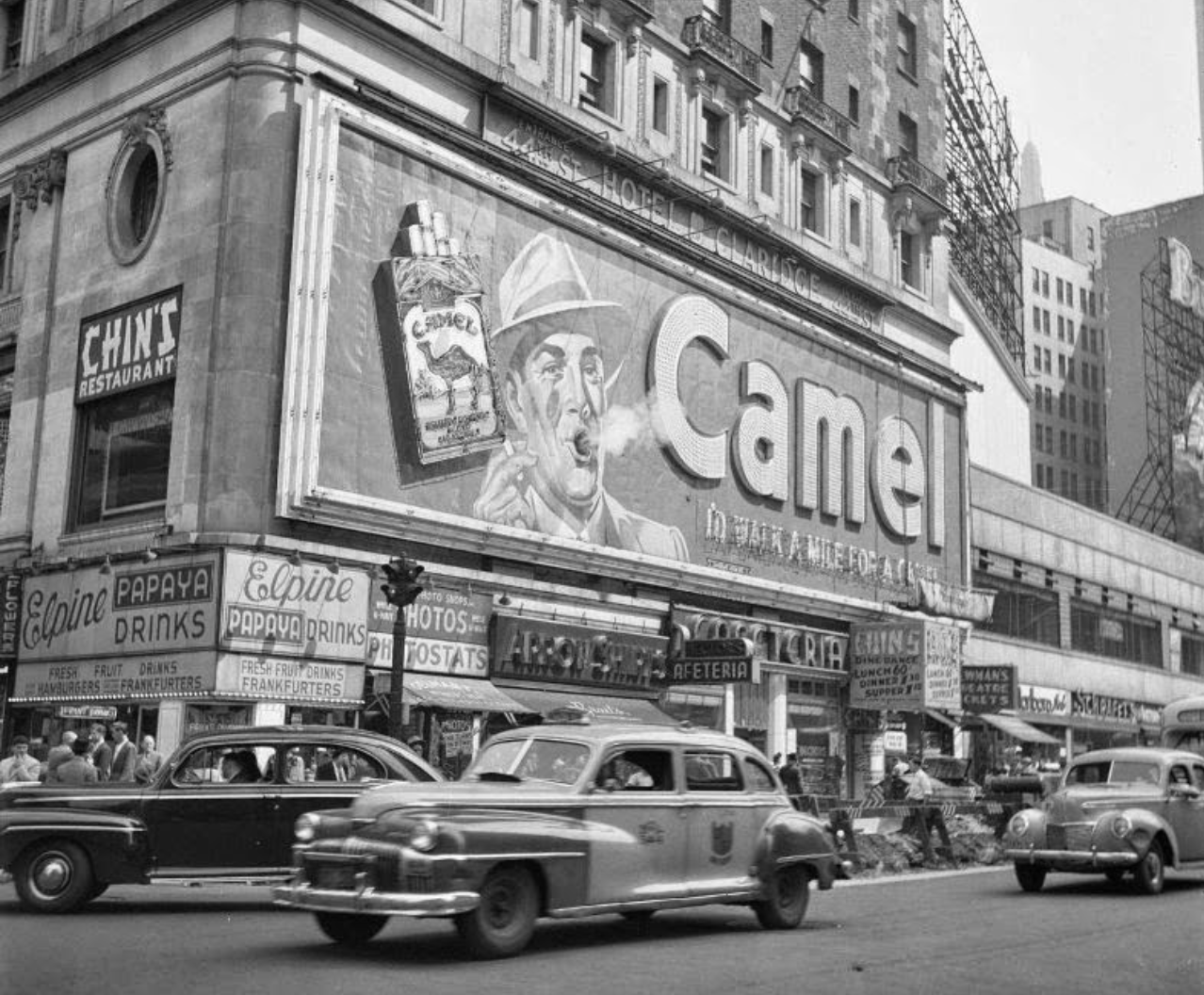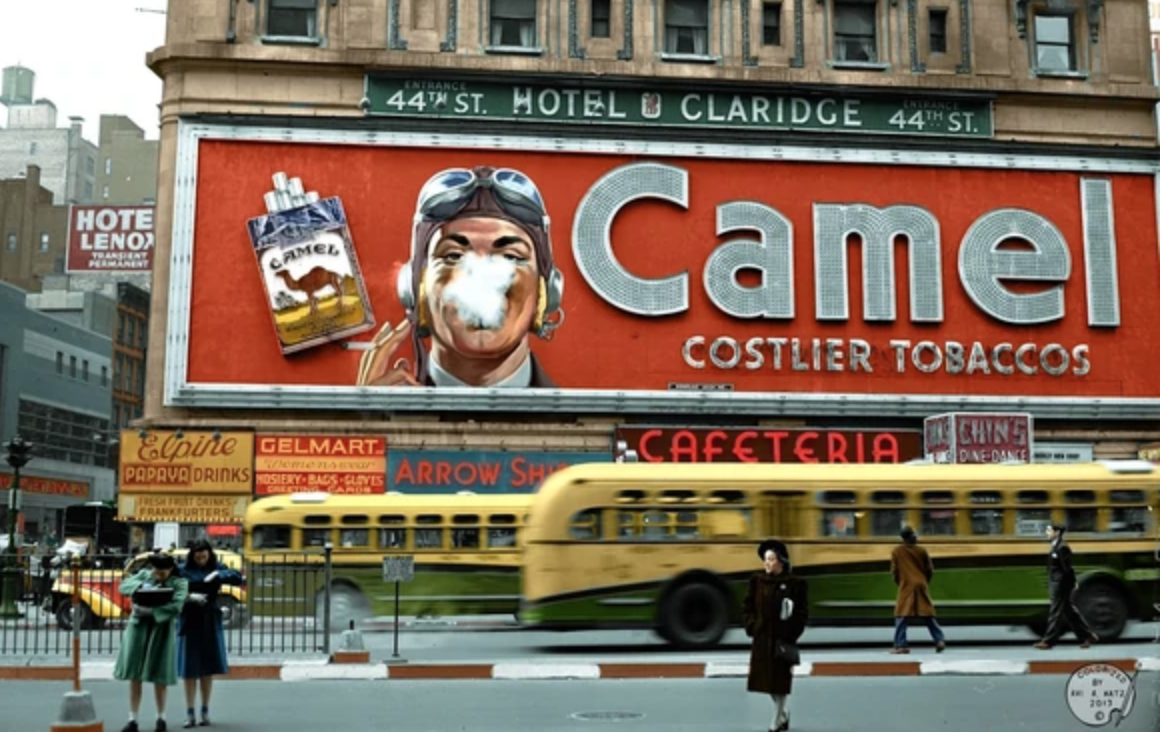In a 1.21.22 column titled “How Oscar Voters Could Make the Best Picture Category Even Weirder This Year“, TheWrap‘s Steve Pond allows that Spider-Man: No Way Home landing a Best Picture nomination “wouldn’t seem to be a stretch.”
Did you hear that, Sony Pictures marketing? Steve effing Pond, TheWrap‘s cautious-minded, somewhat stodgy, vaguely long-of-tooth handicapper who’s been around for decades and knows this realm as well as Anne Thompson or Richard Rushfield or any other older journalist or industry pulse-taker, says Spider-Man No Way Home might, you know, “make it”. As in, you know…maybe!
But what was Pond saying with the “seem to”? Why didn’t he simply write that such an Academy decision “wouldn’t be a stretch”? Because it wouldn’t be. In the real world it would and should be, in fact, a slam-dunk.
Because given the fact that Spider-Man: No Way Home is the only film that has really and truly connected with your popcorn inhalers deep down (as in, like, emotionally) and is generating not just astronomical grosses but Titanic-style repeat viewings, and given that Oscar nominees have traditionally sought to reflect some kind of half-assed acknowledgment of actual popularity among ticket-buyers, why would Pond feel the need to insert the words “seem to“? Is he afraid of sounding too popcorn-ish in his own estimations? Is he concerned about not sounding judgmental enough?
While The Hollywood Reporter‘s Scott Feinberg recently suggested that S-M: NWH is in 17th place as far as the likehood of landing a Best Picture nom is concerned, Pond seems to be saying “nope, that’s too conservative…it appears as if Spider-Man: No Way Home is in 15th or 16th place.”
I can’t believe how snooty-sounding these guys are! Only Hollywood Elsewhere, it seems, is down in the mosh pit with the commoners. At least in this instance.
Pond’s hangup or hesitancy about Spider-Man: No Way Home possibly being nominated (or not) is that “there’s really no recent precedent for a movie like that getting in, Black Panther being an exception because of its landmark status.”
What Pond means, of course, is that Black Panther‘s landmark status was about race — that it wasn’t really good enough to be a Best Picture nominee on its own dramatic terms, Marvel formula being what it is, and that it was granted a Best Picture nomination on the strength of it being a Black superhero flick that catered to a certain Black mythology.
Spider-Man, Pond is saying, doesn’t have an identity-politics hand to play in this poker game, and that being a mostly all-white enterprise (except for Zendaya and Jacob Batalon) could amount to a slight problem.
Then again, he allows, “Expanding the [Best Picture] category to 10 nominees could increase variety, but only if voters take advantage of the opportunity they’ve been given.”

